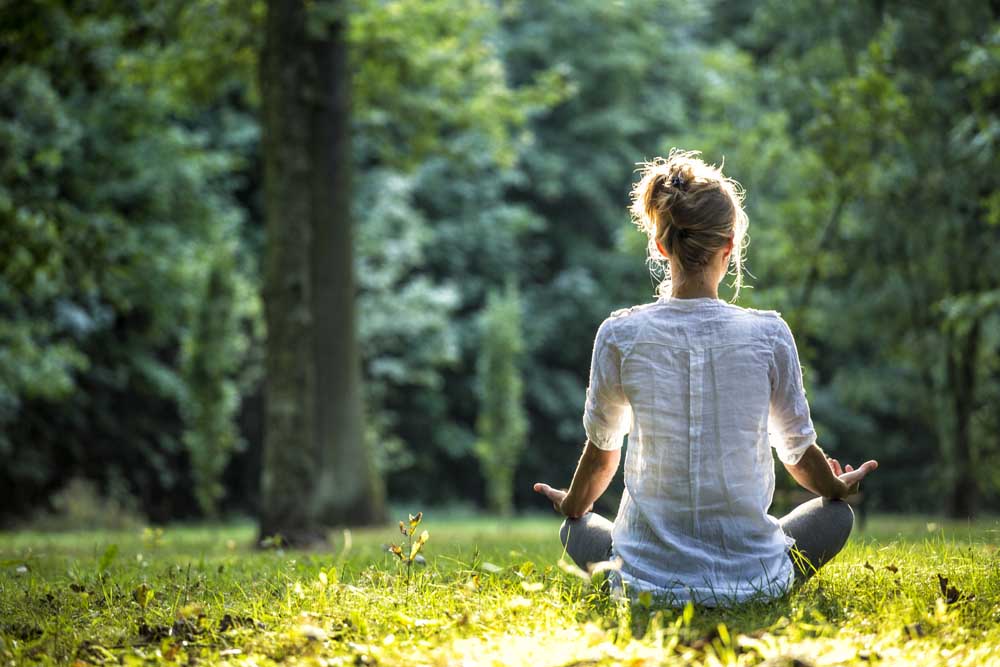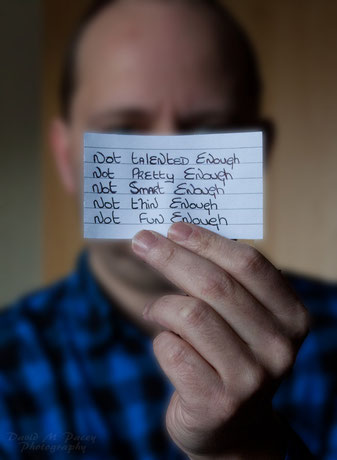As we adjust to a new normal that includes self-quarantining, a shift in plans and routines, and significant uncertainty, it’s important to find ways to maintain our mental and emotional health. We’ve gathered some recommendations here, but strongly encourage you to reach out if you feel you’d like more support. Our clinicians are now offering telehealth sessions in order to continue serving our community.
1. Acknowledge and feel any emotion that comes up. Feeling uneasy? Strangely calm? Frustrated that events or services you were looking forward to are canceled? Fearful of financial insecurity? Struggling to adjust to increased time with family members or how to juggle working remotely with others around? We all respond to high stress in different ways. Allow yourself to notice and feel whatever comes up without judgement.
2. Ground yourself in the present. When facing uncertainty, our brains attempt to “prepare for the future” and our body’s response to this is a feeling of anxiety. While this can be a helpful motivator to encourage us to take appropriate precautions, left unchecked it can lead to feelings of panic, lots of “what if” questions, and a feeling of lack of control. To combat this, try to ground yourself in the here-and-now instead of the past (“I should have..”) or the future (“what happens if…”). Try finding ways to utilize all 5 senses, cook a comforting meal, light your favorite candle, specifically choose comfortable clothing, put on music you enjoy (nostalgia can be great here!), and organize or arrange things in your home in a way that feels cozy.
3. Get creative in the way you engage in activities. A significant number of your usual events and activities are likely canceled, but you don’t have to go without them for the duration of this time, but you might have to get creative.
- Your standing weekly movie night with friends? Try Netflix Party, where groups can get together virtually to watch Netflix titles on their computers at the same time, including a chat room to share reactions as you go!
- Did you have tickets to a concert or show that’s been cancelled? Some of your favorite artists may be finding alternate ways to still share this experience. NPR has an excellent resource to find these.
- Do you enjoy cooking interesting meals, but have limited ingredients on hand? Round up what’s in the fridge and challenge yourself to make a Chopped-inspired meal using only those ingredients.
- Enjoy exercise but your gym or fitness studio is closed? Many local and large-scale companies are offering free extended trials or low-cost online courses (check out Peleton, Planet Fitness, Down Dog, Nike Training Club, or investigate local options).
- Like to learn? Many colleges and universities are offering free online classes, try something new!
4. Prioritize. Regular contact with family, friends, coworkers, and service providers can be a vital resource in maintaining a sense of connection and reducing loneliness. Our typical schedules can be demanding and we can find ourselves not having enough time with the people we care about. Use this time you reconnect with loved ones; call an old friend, email a favorite former co-worker,and have impactful conversations with family members.
5. Stick to a flexible routine. You’ve likely heard this one before, because it’s frankly good advice any time, but times like this warrant some additional focus here. Things like waking up at a similar time every day and completing your morning routine, but it’s also important to allow flexibility in your schedule. That exercise class you go to every Wednesday at 5pm? Substitute it with a walk or online class and fit it in when you can. It’s important to strike a balance between finding comfort in routine, and routine and feeling distressed when the routine is inevitably different.
6. Start (or grow!) your mindfulness meditation practice. Studies show the powerful benefits of mindfulness meditation, and this is an excellent time cultivate a practice. Start by using an app with guided meditations, some to check out are Stop Breathe and Think, Insight Timer, and Calm. It can feel odd at first, but with practice it can be a wonderful tool to increase physical and mental relaxation,
For those who must continue to work and interact with others (healthcare workers, sanitation workers, grocery store employees, etc.) now is the time to increase self-care and ways you de-stress. What we’re experiencing is not “just part of the job” and it is normal to feel overwhelmed. Talk to others in your field to foster a sense of community and support, and recharge yourself in whatever way is most beneficial to you. Know that your community appreciates you and will support you in whatever way it can!

10 Places to Relax around Vancouver, WA
Are you exhausted by the burden of responsibilities you’ve been shouldering? Do you need a break or a breather, even if it’s just for a few moments? Self-care is an essential component of survival in this busy world! All of us need moments when we can slow down and...

THOUGHT DEFUSION: An Alternative Approach to Handling Intrusive Negative Thoughts
Automatic negative thoughts are a natural part of the human experience. For the most part, we don’t conjure them up or think them on purpose. They happen instinctively. Negative thoughts get directed toward ourselves (“I can’t believe I’m running late again today!...

5 Tricks for Falling Asleep
Are you one of the 30% of Americans that have had bouts with insomnia? Do you get less than the recommended 7-9 hours of sleep each night (or 8-10 hours for teens)? Sleep loss can have profound impacts on a body’s physical and emotional health. Bad sleep can...

How to Cope with Stress & Loss around the Holidays
For some, the “most wonderful season of the year” is anything but wonderful. Any number of things can make this season challenging: Feelings of loneliness Worry about how family members will get along Missing a loved one that is no longer with you Guilt about...

5 Steps to Coping with Panic Attacks
Unless you are face-to-face with a bear or another physical danger, nothing feels more terrifying than a panic attack. Many have gone to the Emergency Room fearing heart attacks, strokes, and death. With symptoms including chest tightening, throat constricting, and...

Why “Should” Thoughts Keep You Stuck: A New Year’s Resolution Revolution
It’s nearly New Year’s. This marks yet another year that we tell ourselves that it’s time to reset, refocus, and re-envision our lives the way they were “meant” to be—the way they “should” be. It’s time to get healthier, work harder (or slower), and match real life...

4 Tips for Combating the “Not Good Enough” Lie
Do your inner thoughts ever sound like a cruel Reality TV critic (Simon Cowell, Gordon Ramsay, etc.)? For example, do you… Replay your blunders over and over like a Blooper clip on repeat, except you don’t find it funny? Beat yourself up for saying the “wrong” thing?...

